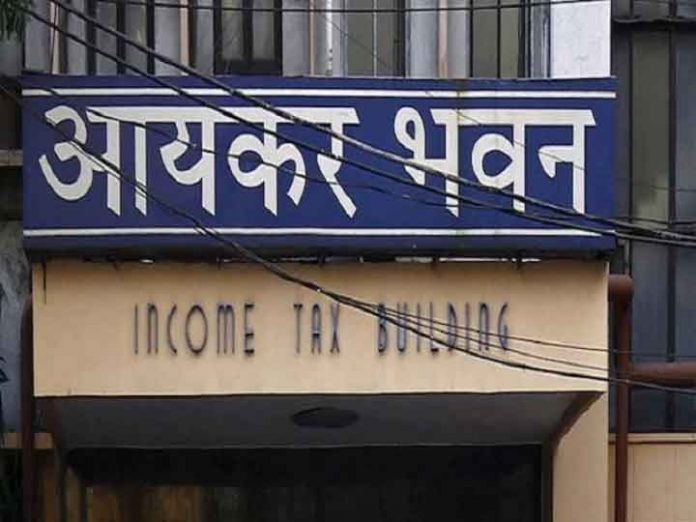Cash deposits of up to Rs 2.5 lakh by housewives post demonetisation will not come under I-T scrutiny as the Income Tax Appellate Tribunal (ITAT) has held that such deposits cannot be treated as income of the assessee.
Cash deposits of up to Rs 2.5 lakh by housewives post demonetisation will not come under I-T scrutiny as the Income Tax Appellate Tribunal (ITAT) has held that such deposits cannot be treated as income of the assessee.
Ruling on an appeal filed by an individual, the Agra bench of ITAT said the order would act as a precedent for all similar cases.
The appellant, a housewife Uma Agrawal of Gwalior, had declared total income of Rs 1,30,810 in her income tax return filed for fiscal 2016-17. However, post demonetisation, the assessee deposited the Rs 2,11,500 cash in her bank account.
The case was selected for scrutiny assessment, during which the assessee was asked to explain the cash deposit of over Rs 2.11 lakh. The assessee had explained that she had collected/saved the above sum from her previous saving, given by her husband, son, relatives for herself and her family.
The CIT (Appeals) did not accept the explanation and confirmed the Assessing officer’s order treating the cash deposit of Rs 2,11,500 as unexplained money. Following this, the appellant approached the ITAT.
The Tribunal, after going through all the facts and arguments, said “we are of the opinion that the amount deposited by the assessee during the demonetisation cannot be treated as income of the assessee. Hence the appeal of the assessee is allowed.”
Observing that housewife’s contribution in the family is “immeasurable”, the Tribunal said quoting an order by the Supreme Court, which mentioned that, in India, nearly 159.85 million women stated that ‘household work’ was their main occupation compared to only 5.79 million men, as per 2011 Census.
“Women all over the country, had been accumulating cash that they had saved for themselves from household budgets, by haggling with vegetable sellers, tailors, grocers and assorted traders…
“Years of stashing in whatever little cash gifts they received from relatives during festival times and years of tucking away the change they found in the pants that they washed every day, however, suddenly they were left with no option but to deposit the amount in the denomination of Rs 500 and Rs 1000 notes in the banks on account of Demonetisation scheme 2016, (as) these notes were no more legal tenders,” the tribunal added.
Exempting women who deposited less than Rs 2.50 lakh during the demonetisation period, the ITAT said “we may clarify that this decision may be treated as precedent in respect to proceedings arising out of the cash deposit made by the housewives during the demonetisation scheme 2016, only up to the limit of Rs 2.5 lakhs only.”
Usually, ITAT ruling is binding on the applicant and the jurisdiction tax officer and is used as reference in similar matters.
Post demonetisation in November 2016, the income tax department had in 2017 said no questions will be asked about cash deposits of up to Rs 2.5 lakh and only those accounts will be probed that do not match the tax returns.


